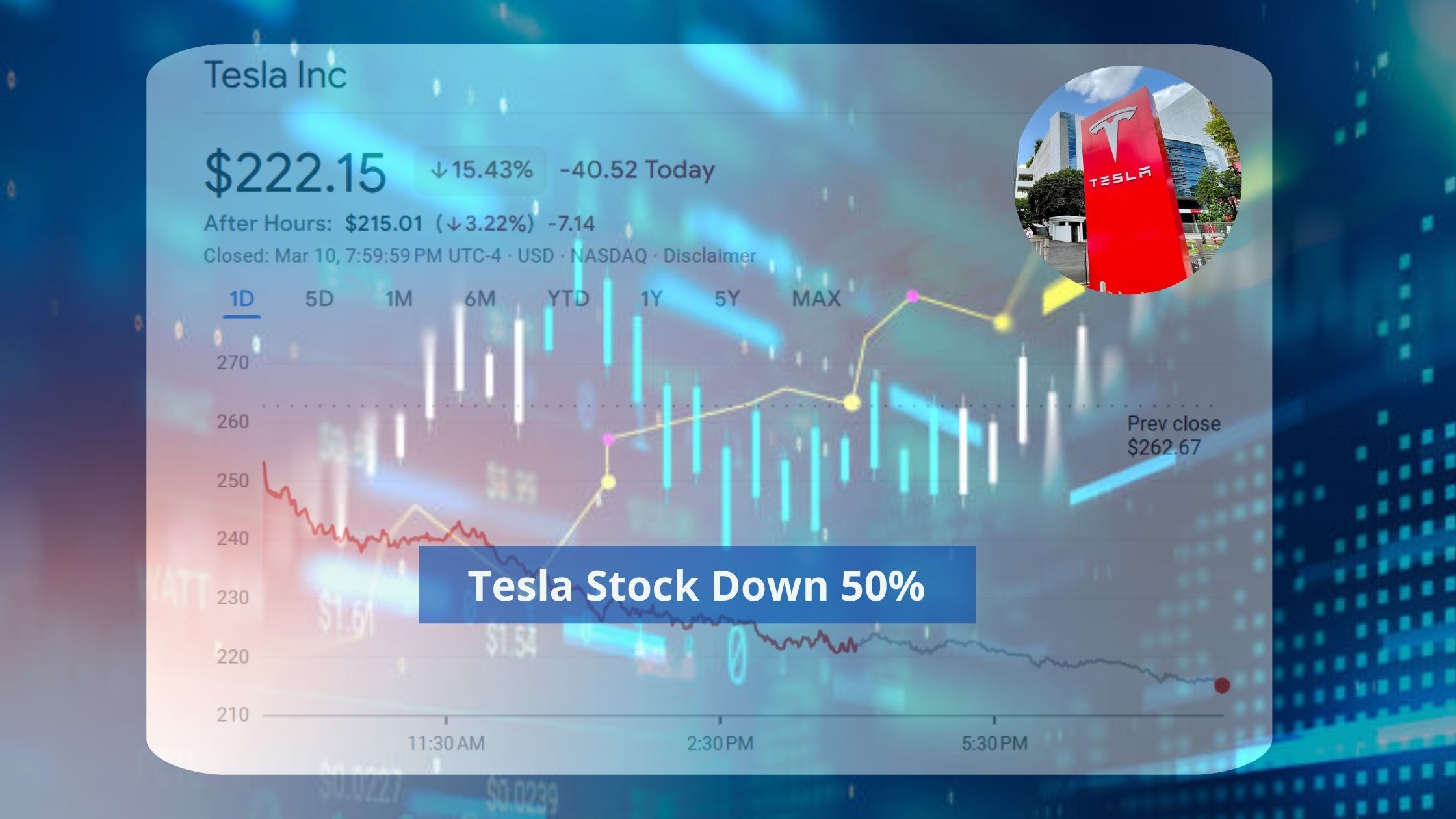
Tesla, the world's leading electric vehicle (EV) manufacturer, is facing one of its worst stock downturns in recent years. On Monday, Tesla shares plummeted by 15%, marking the company's worst trading day since September 2020. The decline has been part of a prolonged downward trend, with Tesla's stock falling for seven consecutive weeks and erasing nearly $800 billion in market value.
The recent decline in Tesla’s share price can be attributed to multiple factors:
UBS Group AG analyst Joseph Spak recently reduced his forecast for Tesla’s Q1 vehicle deliveries by 16%, estimating 367,000 deliveries this quarter. Other analysts, like Robert W. Baird & Co.'s Ben Kallo, have also downgraded their delivery expectations, signaling potential trouble for the company.
Tesla has been struggling to introduce refreshed versions of its popular models. This delay has impacted consumer demand, as potential buyers hold off on purchases while waiting for new releases.
CEO Elon Musk's involvement in political and social debates has affected Tesla’s brand perception. For instance, Tesla’s vehicle registrations in Germany dropped by 70% in early 2025, coinciding with Musk’s involvement in the country’s federal elections.
Concerns over potential tariff hikes under a future Donald Trump administration have added to market uncertainty. Increased tariffs on automotive imports from Canada and Mexico could raise production costs for Tesla, impacting its profitability.
Tesla’s dominance in the EV market is being challenged by emerging competitors, including Chinese manufacturers offering affordable alternatives. Moreover, in Europe, Tesla’s new vehicle sales in January reportedly fell by nearly 50% compared to the previous year.
In addition to Tesla’s struggles, Musk’s other companies have also faced issues. His social media platform, X (formerly Twitter), suffered multiple outages on Monday, while SpaceX is under scrutiny after two recent Starship rocket explosions during test flights.
While Tesla remains a key player in the EV industry, its recent struggles highlight the importance of adaptability and strategic decision-making. Investors are closely watching how the company addresses its production challenges, market competition, and Musk’s influence on its brand.
Tesla’s stock decline is a stark reminder of how market sentiment can shift due to leadership decisions, economic conditions, and industry competition. As the company navigates these challenges, investors will need to weigh the risks and potential opportunities before making any financial moves.